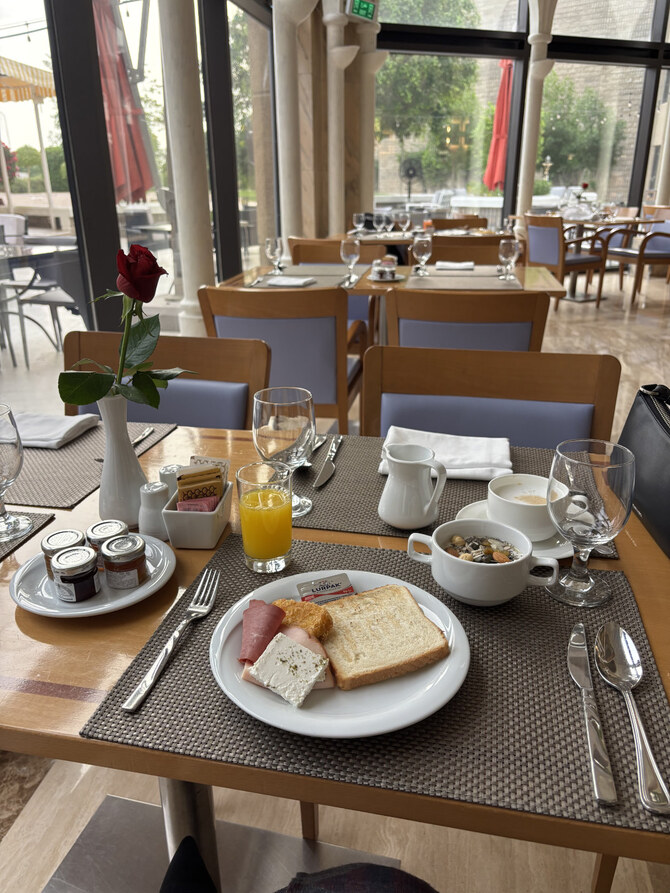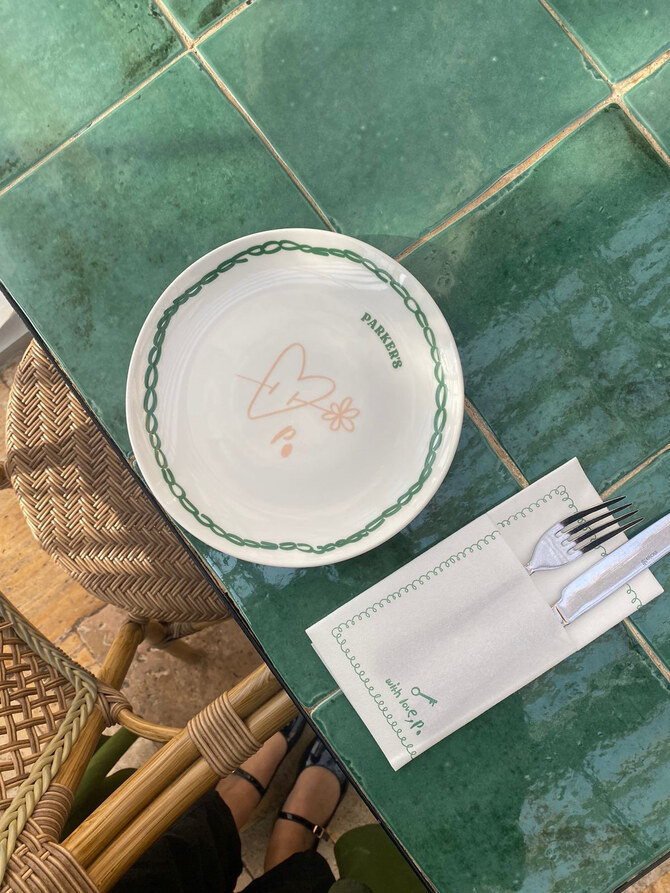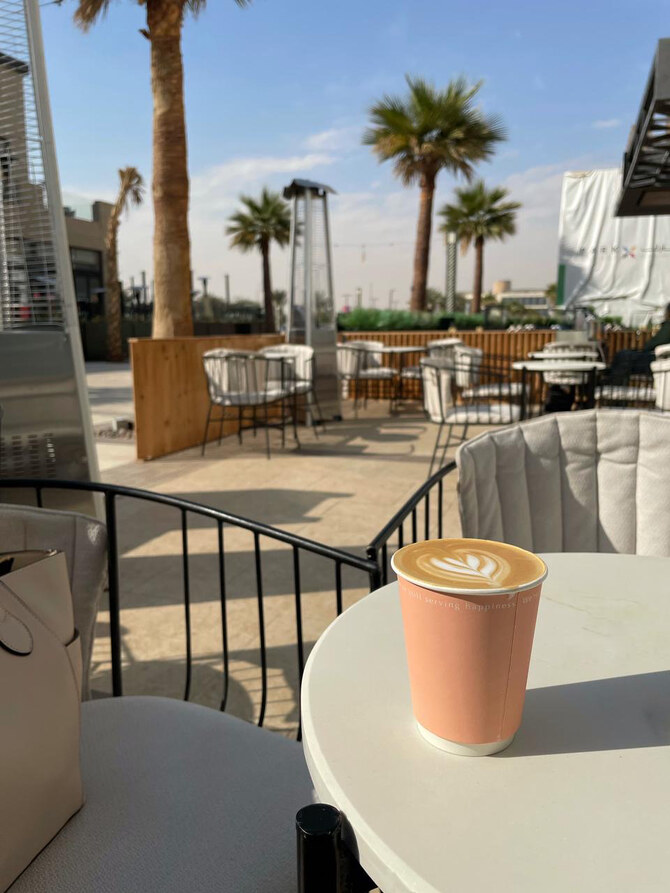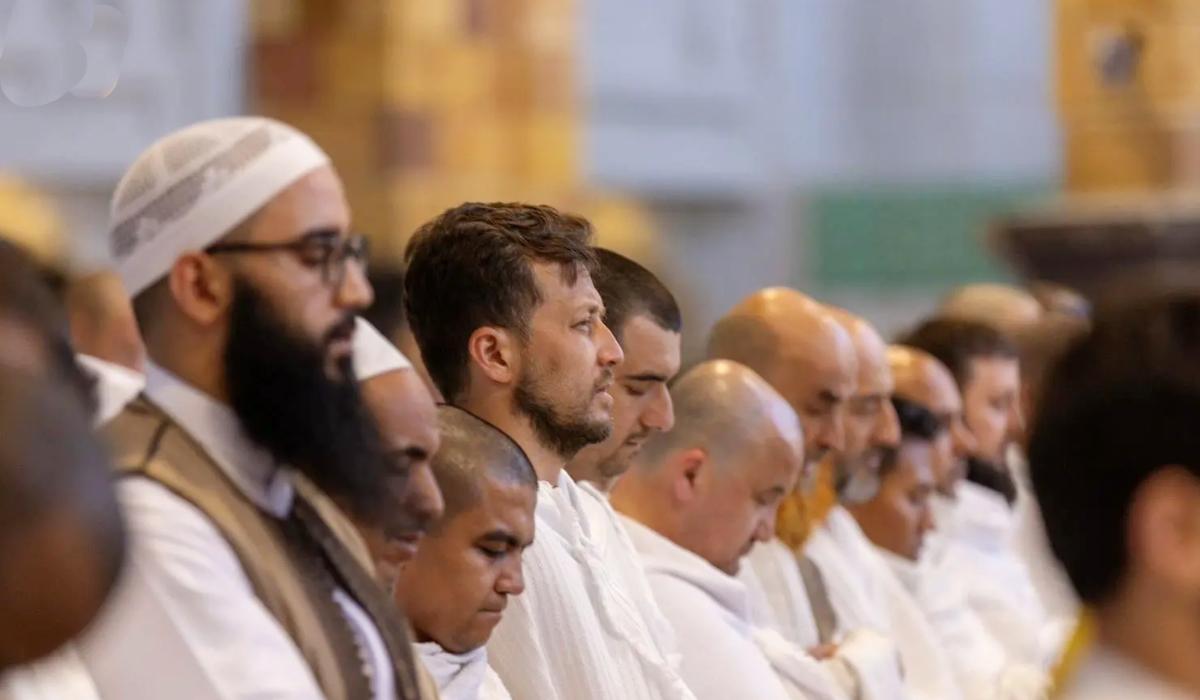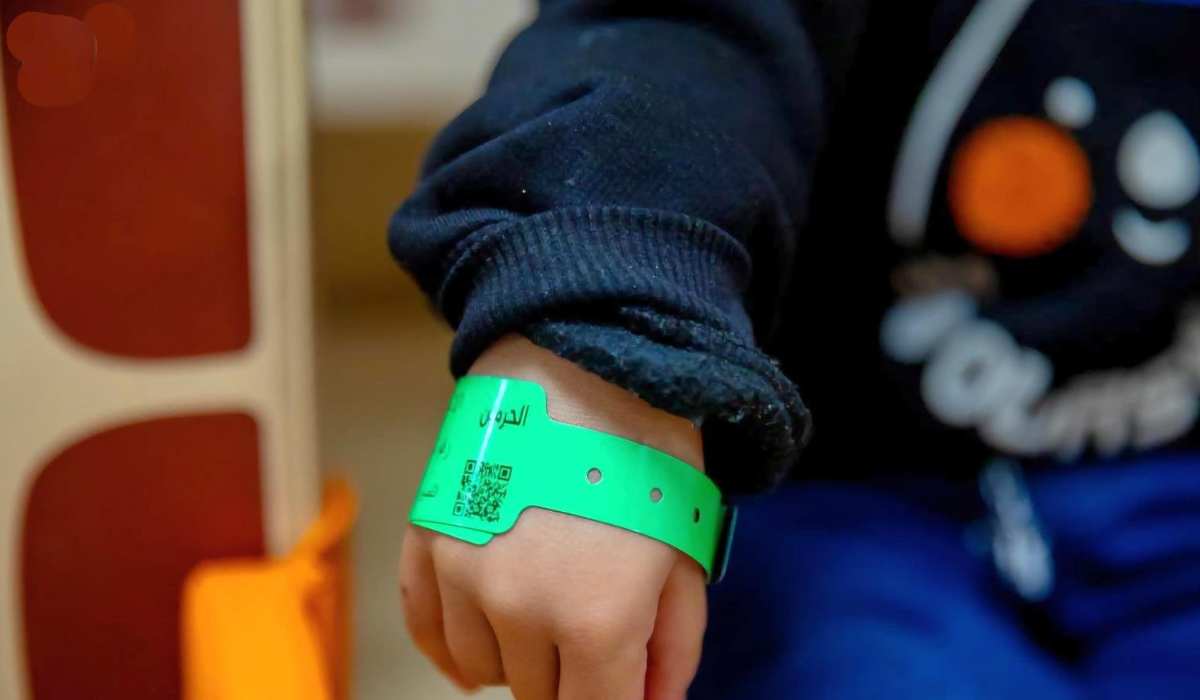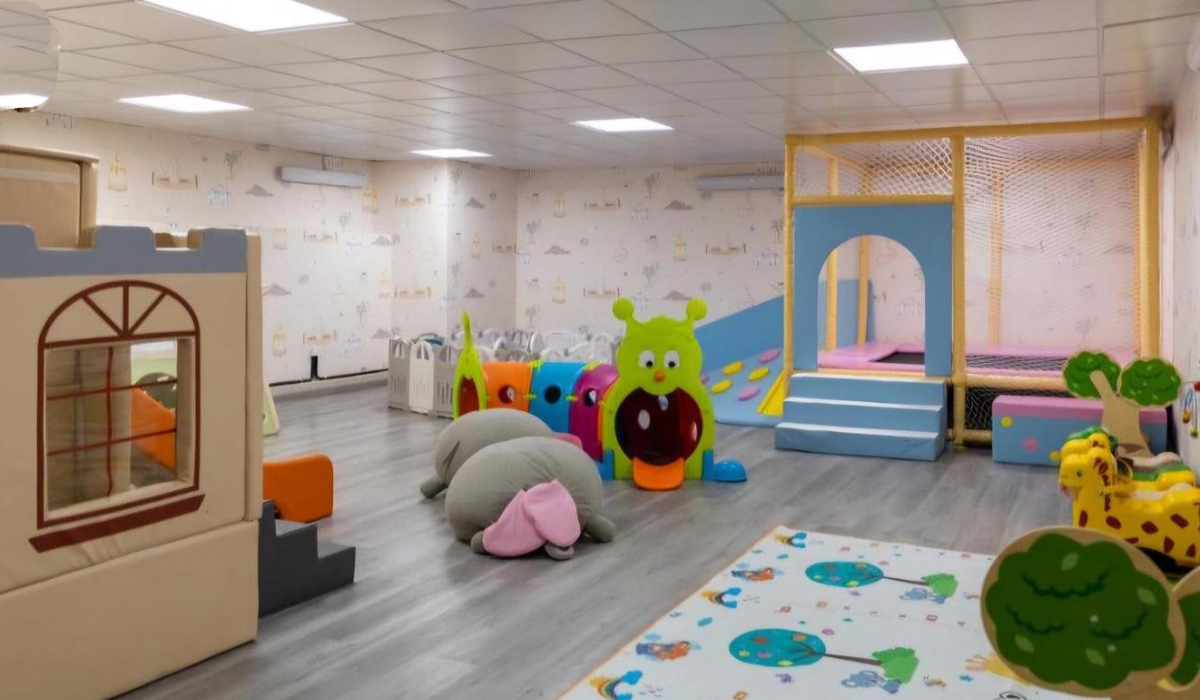RIYADH: In Saudi Arabia, dining out has long been a social ritual, an experience shared with family and friends over lavish meals, full of conversation and camaraderie.
However, a subtle yet noticeable shift is taking place as more Saudis, especially the younger generation, are choosing to dine alone, seeking moments of solitude amid the hustle and bustle of everyday life.
Once considered a rare sight, solo diners are now becoming more common in cafes, restaurants and eateries across the Kingdom. For some, it is a matter of convenience, while for others it is a form of self-care, a way to recharge and reconnect with themselves.
This emerging trend challenges traditional Saudi dining culture, creating new opportunities for restaurants and altering societal perceptions.
For Zain Al-Mansour, solo dining is more than just an alternative to dining with others, it is an experience that he actively cherishes. “I much prefer it over dining with someone,” he says. “I seek it out and make a day out of it for myself. It’s relaxing, and it charges my energy.”
Solo dining has become Al-Mansour’s way to unwind, offering him a chance to indulge in his favorite foods without the distraction of company.
He acknowledges that not everyone feels comfortable dining alone, particularly in a culture where social gatherings are so deeply ingrained.
“Plenty of people would not go out unless it’s with someone else,” Al-Mansour said. “I think everyone should at least try solo dining once and truly treat themselves. Bring a book if you’re worried about boredom, and don’t think twice about what people might think. What matters is that you’re happy.”
Al-Mansour sees solo dining as a form of empowerment, encouraging others to overcome social anxieties and embrace the experience. “It pushes you to talk, at least to the workers, which helps improve social skills.”
In Saudi culture, dining has traditionally been a collective activity, with meals often serving as the focal point of family and social gatherings.
For Bashayer Al-Bloushi, dining alone offered a refreshing change from this norm. “What inspired me to start dining alone was my desire to explore a new experience that offers me space to reflect and relax away from the hustle of daily life,” she said.
Dining alone allows her to savor the ambiance and immerse herself in the restaurant environment without the usual pressure of conversation.
This experience of dining independently has become a cherished form of personal time for Al-Bloushi, allowing her to enjoy moments of solitude. She sees it as an act of self-care and independence, a rare opportunity to connect with oneself.
Al-Bloushi also believes that Saudi restaurants could do more to support this trend. “They could designate cozy, quiet spaces for individual diners and offer meals suitable for one person,” she said. By creating a welcoming and informal atmosphere, restaurants could encourage more people to dine solo without feeling out of place.
For Mira Fahad, solo dining started as a necessity due to her flexible remote job schedule. “As a morning person, I always wanted to go out during the day but couldn’t find anyone available in the mornings,” she said. Over time, solo dining became a cherished ritual. “It’s one of those ‘I need to do it at least once a month’ things, whether in the mornings or nights.”
She finds the experience peaceful and liberating. “You can choose the time and place to your liking, people-watch, read a book, plan your week, or just savor your meal in peace.” However, she admits that solo dining can lose its charm if overdone, emphasizing the importance of balance.
For some solo diners, cultural perceptions remain a challenge. Linah Al-Ahmadi has been dining alone since 2016 and considers it a normal part of her lifestyle. “I didn’t start this habit recently; I’ve been solo dining since I was a teenager,” she said. While she embraces the experience, she is aware of the societal views that make solo dining an unusual choice in Saudi Arabia. “We are a collective society, and we tend to do things within a circle. As a society, we have this notion that it’s abnormal to do things alone.”
Al-Ahmadi describes dining alone in a culture that values group activities as being “the stranger in the middle of the diner.” Despite this, she remains committed to her choice, valuing the independence and freedom it provides. For her, solo dining is not about isolation but rather about enjoying personal time without depending on others to accompany her.
The growing interest in solo dining presents an opportunity for Saudi restaurants to adapt and cater to individual diners. Al-Ahmadi points out that making reservations for one can be difficult, as many restaurants and apps only accept bookings for groups.
Additionally, solo diners are often directed to bar seating or shared tables, which may not suit everyone’s preference for privacy.
“I struggle a lot with reservations,” Al-Ahmadi said. “Sometimes, I go out alone with the intention of not socializing, but being at a bar feels too intimate.” She advocates for solo diners to be given the choice of regular tables, creating a more inclusive environment for those who want to enjoy a meal without the company of others.
Mira Fahad offers additional suggestions, including creating solo dining tables in corners or quieter spots and offering digital menus for easy ordering. “Maybe provide small, single-portion meals and digital entertainment options for solo diners,” she said, adding that these touches could make the solo dining experience even more enjoyable.
As more Saudis explore the joys of solo dining, the trend reflects a broader shift in societal norms and individual lifestyles. Young people are carving out spaces for self-reflection and independence, challenging traditional perceptions about social activities. The popularity of solo dining represents a growing acceptance of self-care and personal freedom in Saudi Arabia, where dining alone is no longer seen as a solitary act but rather as a celebration of individuality.
Solo dining is more than just a meal, it is an experience that allows you to connect with yourself in a way that is both empowering and refreshing.


